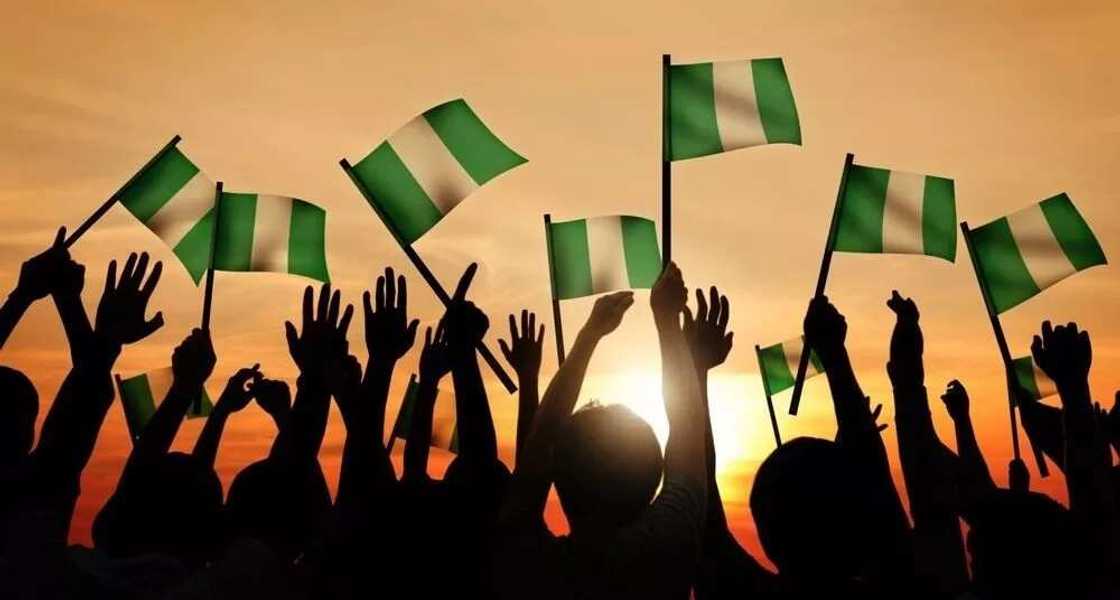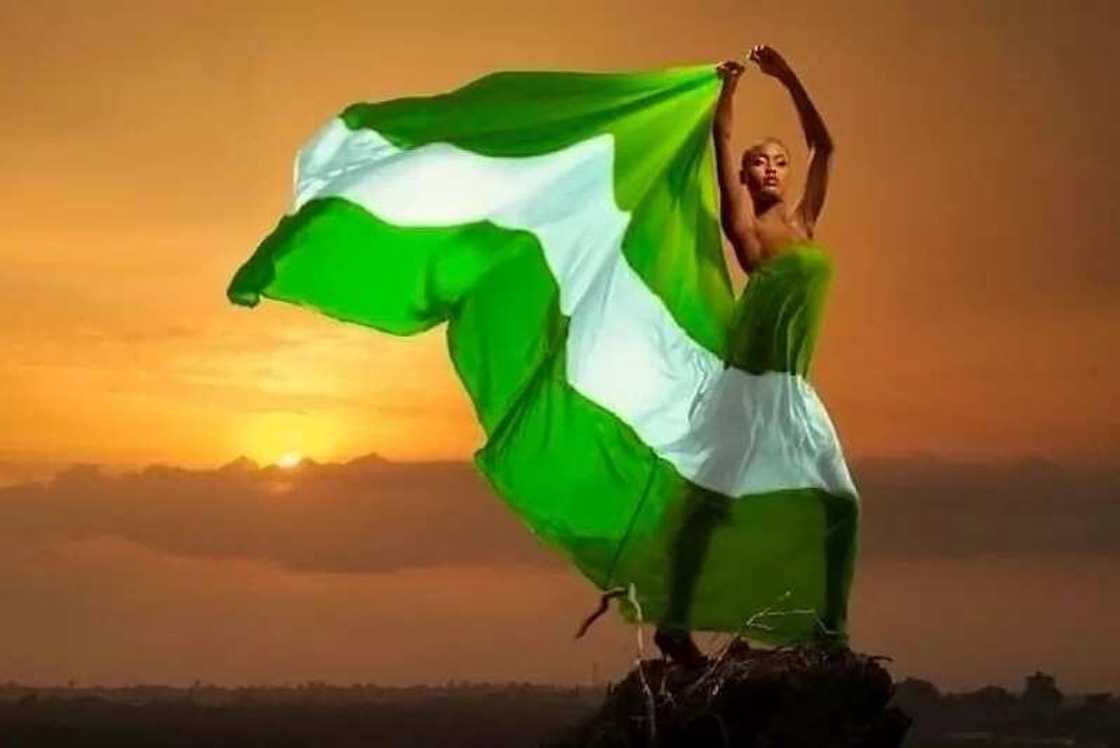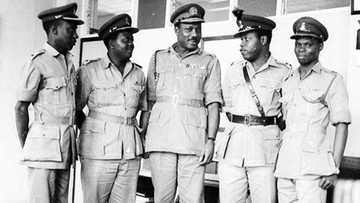History of democracy in Nigeria from 1960
Our country keeps developing and there are still so many things to improve. Changes are necessary for political, economic, and social development. The history of democracy in Nigeria is still not over. Let us recollect the origin of democracy.

No country is perfect. Nations are constantly learning how to tolerate, stay out of corruption, choose the right leaders and plan for the future. These tasks are not easy. Being a republic is never simple.
So when did Nigeria become a republic? Read the short history below.
Origin of democracy
The term has old Greek roots. It means a rule of the people. Democracy term was first mentioned about 2500 years ago in Greece cities. Back then, it was the opposite to aristocracy form of government. The modern type of democracy developed in the 19th and 20th centuries.
Being a democratic country is the latest trend ever since the 1970s. A lot of nations share the values carried by the term and Nigeria is not an exception.
READ ALSO: Reasons for political apathy in Nigeria

When did Nigeria become a republic?
The nation celebrates May 29th as the official public holiday – Democracy Day. Still, the democratic start point really began in 1960. It was on the 1st of October when Nigeria publicly announced its independence from Great Britain.
There was a long history of different government forms in Nigeria ever since 1960. Let us mention all the main stages and dates in the development of our country.

History of democracy in Nigeria
After independence in 1960, (that year Nigerians became the citizens of the 4th biggest democratic country in the word) Nigeria experienced it's first military coup in 1966. The new civil war broke in 1967 and lasted til 1970.
It was possible to restore the democratic model for a couple of years in 1978. That period didn’t last too long and was over in 1983.
Most of the time in its ‘young’ history, Nigeria was a country with military coups. Some rulers promised to return to democracy, however, only General Abdulsalami Abubakar who took the power after the death of Sani Abacha kept his word. The country’s modern Constitution became official in 1999.
The elections of 1999 were successful to the previous military ruler. The new President Olusegun Obasanjo put the end to the military regimes that kept switching one after the other for nearly 30 years. Nigeria’s democracy is celebrated yearly. Though it is undeniable that Nigeria still has many problems to overcome; Nigerians have dreams about a bright and prosperous future with better economy, improved standard of living and security.
READ ALSO: How to Prayer for Nigeria in time of distress
Source: Legit.ng




